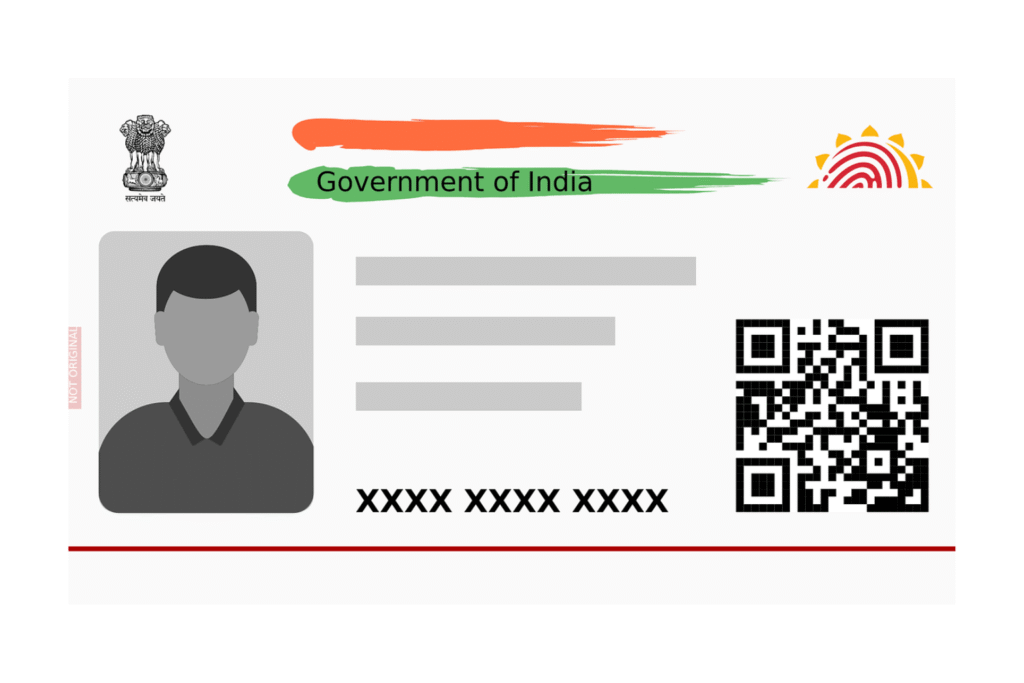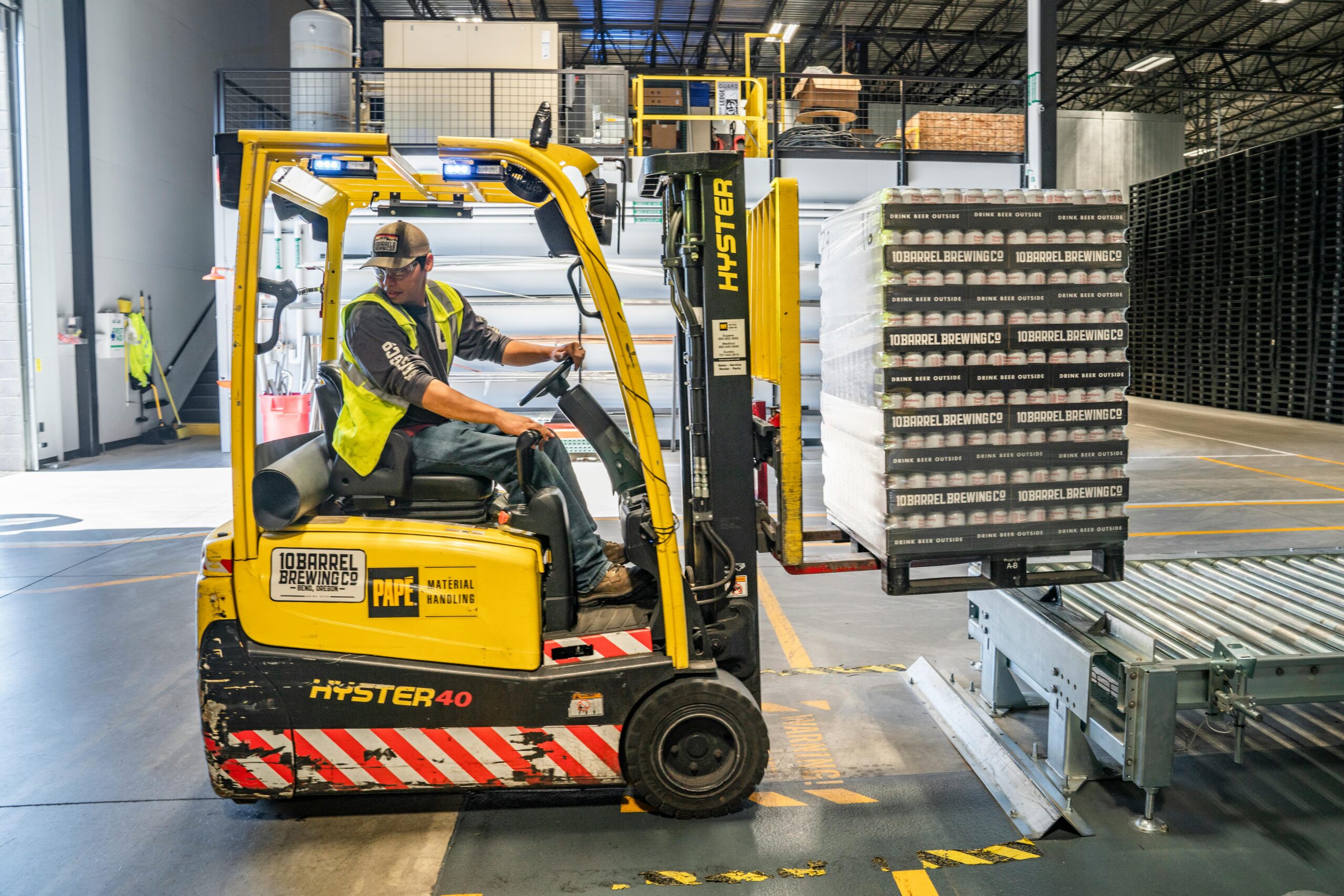Introduction – BCG’s Projection and Its Significance
AI market in india is no longer just a tool, it is now becoming the main driving force to reshape our economy and industry and also transform our daily lives to bring day-to-day improvements. According to the report which is published by Boston Consulting Group (BCG) in collaboration and the report relating to India’s growing AI.
The AI Market in india expected to exceed $17 billion by 2027, and is a major upgrade for the Indian economy, job market, digital infrastructure, and global competitiveness.

The key thing for the launch is that it aligns with India’s growing digital capabilities in a growing market. It’s expanding public infrastructure, tech-workforce. As India’s AI ecosystem with over 600,000 AI professionals, 700 million internet users, there is pressure on India to not just adopt AI but to be a leader in its development and democratization. And almost 2000 AI startups have been launched especially in the last three years. The domestic AI market is projected to more than triple to $17 billion by 2027 making it one of the largest growing economies across global borders.
The Data Driving India’s AI Revolution
📈 Market Value
- AI Market in india is projected to grow up to $17 billion by 2027, representing a 25–35% annual growth rate
👩💻 Talent Base Expansion
- India currently has over 600,000 AI professionals, and this talent pool is expected to more than double—potentially reaching 1.25 million by 2027
🚀 Startup Ecosystem
- According to BCG–Nasscom, India has seen more than 2,000 AI startups launched in the last three years—though some reports suggest the total AI-focused startups in India.
🌐 Consumer & Data Base
- India now has 700 million+ internet users and around 1.3 billion Aadhaar IDs issued.
- The ONDC (Open Network for Digital Commerce), DigiLocker, Aadhaar, and UPI infrastructure, combined with such a large user and data base, creates one of the largest and most dynamic national data ecosystems.
These are not just numbers – they are indicators of development and India is building one of the world’s most fertile AI ecosystems with setting the stages for large scale innovation and development for AI Market in india.
Infrastructure Engine – The Power of Aadhaar, UPI, ONDC, and Data Centers
Aadhaar & Digital Identity
India’s Aadhaar platform, with closely over 1.3 billion enrolled individuals as per the current data, is the world’s largest biometric ID system. This allows for secure, scalable identity verification—critical for AI-driven personalization in financial services, healthcare, and governance.

UPI – Digital Payments Backbone

Unified Payment Interface (UPI) is the basic mode of payment right now and everyone is transacting with this payment mode and it helps anyone to do seamless money transfer without visiting a bank branch and also saves time. UPI processes over 10 billion transactions monthly and supports innovation in credit scoring, fraud detection, and real-time financial services powered by AI.
ONDC – Democratizing E-commerce
The Open Network for Digital Commerce (ONDC) aims to decentralize e-commerce, offering small businesses a fair playing field. With AI-powered personalization, inventory optimization, and customer support and ONNE is going to become a AI solution for retail.

Data Centers & Compute Infrastructure
India is building 45+ new data centers to To process massive data sets for AI training and inference, compute power is essential. Foundation for AI-specific compute infrastructure such as Graphics Processing Units (GPUs). Government initiatives like India’s AI (backed by a ₹10,000 crore investment) aim to provide public compute access, enabling startups and researchers to innovate at scale.
BFSI (Banking, Financial Services, and Insurance)

Credit scoring, underwriting, and fraud detection have seen efficiency improvements of 50–70%.
- Virtual agents now handle millions of customer queries, improving satisfaction and reducing operational costs.
- AI-driven analytics are being used to detect fraud patterns, risk, and offer personalized financial products.
Retail and E-commerce
AI helps optimize inventory and supply chains, forecast demand, and reduce delivery timelines.

- Companies like Flipkart and Reliance Retail are leveraging AI to drive 10–15% higher conversion rates through personalized shopping experiences.
Healthcare
From AI-assisted diagnostics (e.g., in radiology and pathology) to predictive patient care, AI is revolutionizing the sector.

- Startups like Qure.ai and Niramai are already making global impacts with AI solutions trained in India.
Manufacturing

Predictive maintenance, robotic process automation, and smart logistics are transforming traditional manufacturing into Industry ecosystems.
Opportunities & Challenges – Bridging the Gaps
The Tier-2/3 Talent Gap
Today, AI Market in india is very large and every most AI professionals are concentrated in metro cities like Bengaluru, Hyderabad and Pune. But India’s real advantage lies in tapping the talent pool from tier-2 and tier-3 cities.
- Solutions: Government skill development programs (like Skill India), hybrid learning models, and industry-academia partnerships need to intensify.
- BCG’s report emphasizes that regional hubs must be empowered with AI training, infrastructure, and employment opportunities.
AI training requires massive computing power — something that is still unaffordable for many startups and institutions.
Compute Access & Public Infrastructure
- Solution: The proposed IndiaAI compute cluster, supported by the ₹10,000 crore national budget, aims to provide GPU-as-a-service to innovators.
- Cloud credits, partnerships with global cloud players (AWS, Google Cloud), and open-source compute initiatives can help democratize AI development.
Data Privacy & Ethical Concerns
- India needs a robust AI governance framework—transparent, ethical, and aligned with global norms.
- The Digital Personal Data Protection Act is a step forward, but continuous dialogue around bias, transparency, and accountability in AI is essential.
Looking Ahead – 2027 and Beyond
So, what does the Indian AI landscape look like in 2027 if this vision materializes?
- India as a Global AI Hub: With a talent base exceeding 1.3 million and market valuation nearing $17 billion, India could become the third-largest AI economy after the U.S. and China.
- AI-Powered Governance: Public services—from land records to welfare disbursals—could be automated, transparent, and highly responsive.
- Export of AI Talent and Tools: Indian startups and engineers could build globally relevant AI tools in sectors like healthcare, architectural and fintech.
- Universal Access to AI Benefits: Affordable AI services in local languages, rural connectivity enhancements, and voice-enabled platforms could bring AI to even the remotest village.
In short, the 2027 vision isn’t just about numbers—it’s about transforming how India learns, earns, heals, governs, and grows.



